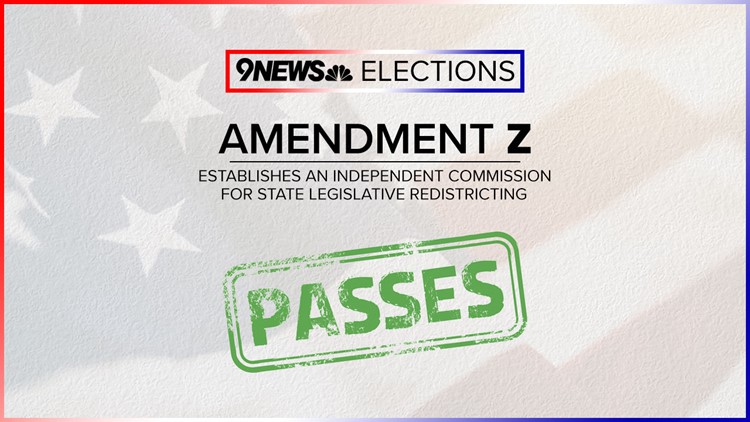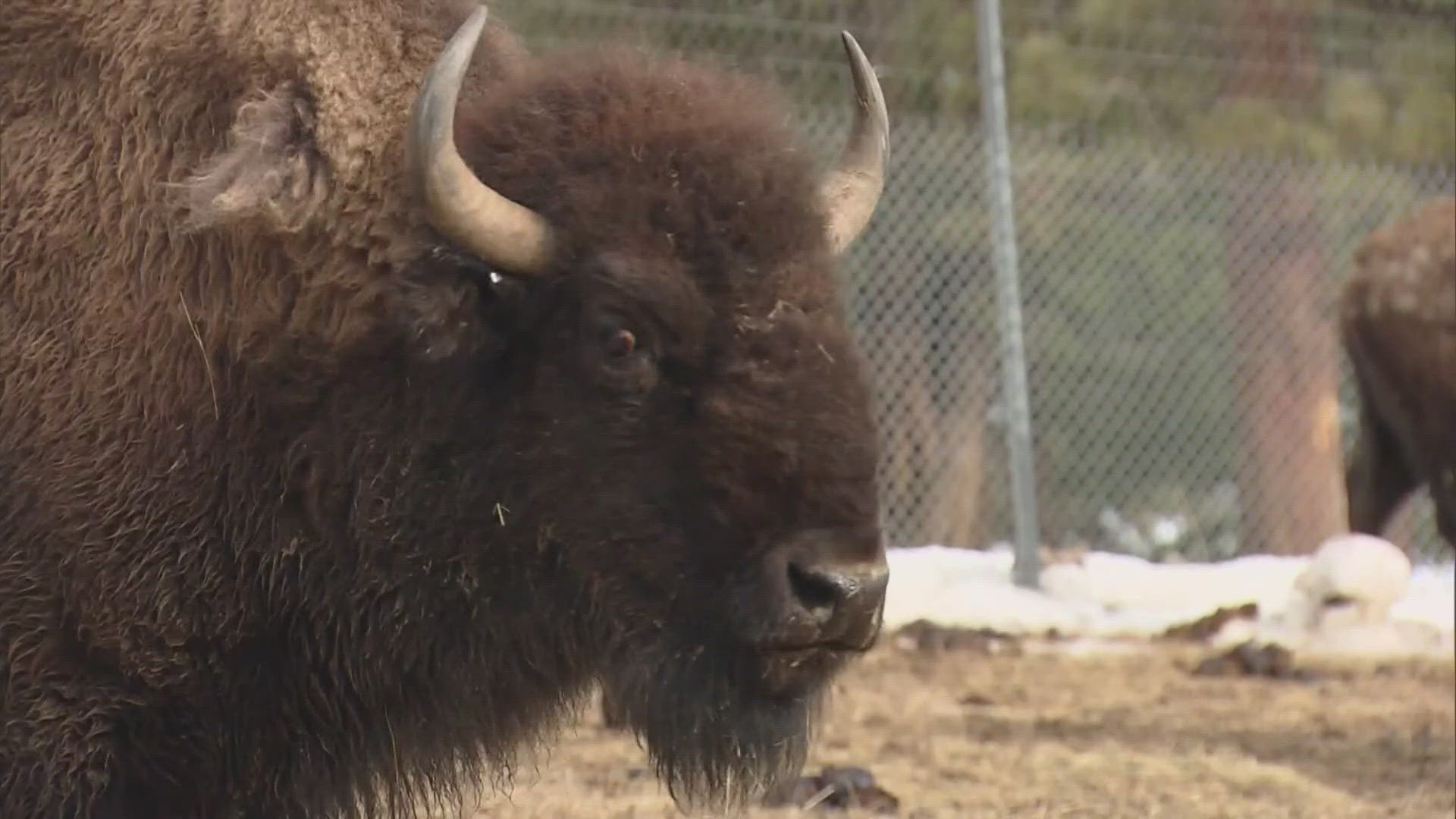Amendment Z has passed, putting a 12-member independent commission made up of equal numbers of Republicans, Democrats and unaffiliated voters in charge of drawing state legislative district lines.
While the final tally is not in, it is clear Amendment Z will hit the 55 percent of all votes needed to pass.
Amendment Z was pushed alongside Amendment Y. Amendment Y would establish a similar, but separate, independent commission to draw Colorado's congressional district lines. It passed earlier this evening.
Redistricting, specifically gerrymandering–the drawing of districts for political gain–has been a national concern for years, but Colorado hasn't seen any high-profile complaints against the practice. That’s different than states like Florida or North Carolina, where judges threw out districts due to their unjust borders.
If Amendment Z had failed, the 11-person Colorado Reapportionment Commission, made up of members chosen by the State General Assembly, the governor and the chief justice of the Colorado Supreme Court, would have continued to draw state legislative district lines.
Amendment Z will create the Independent Legislative Redistricting Commission to replace the reapportionment commission. The new commissioners will be chosen by a panel of retired judges from state’s two highest courts, the Colorado Supreme Court and the Colorado Court of Appeals.
The final composition of the commission must have members from each of Colorado’s congressional districts (currently seven) and must reflect the state’s racial, gender and geographical diversity. One member must be from the Western Slope.
The congressional district maps that the commission draws must be approved by the Supreme Court.



